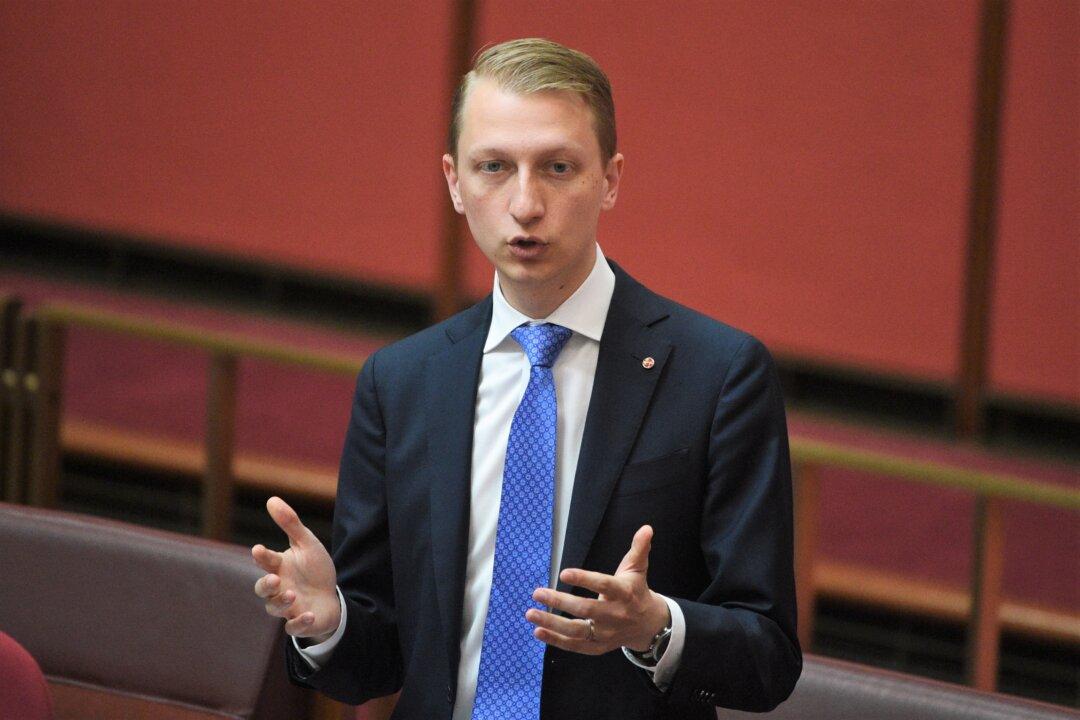Cyber Security Shadow Minister James Paterson has raised concerns about the Labor government’s move to “dismantle” the Department of Home Affairs, warning that it could come at the expense of Australians’ safety.
The comment comes after the Anthony Albanese led government released its first Administrative Arrangements Order (AAO) which announced a downsize of the Home Affairs department, four years since its inception in 2017.




